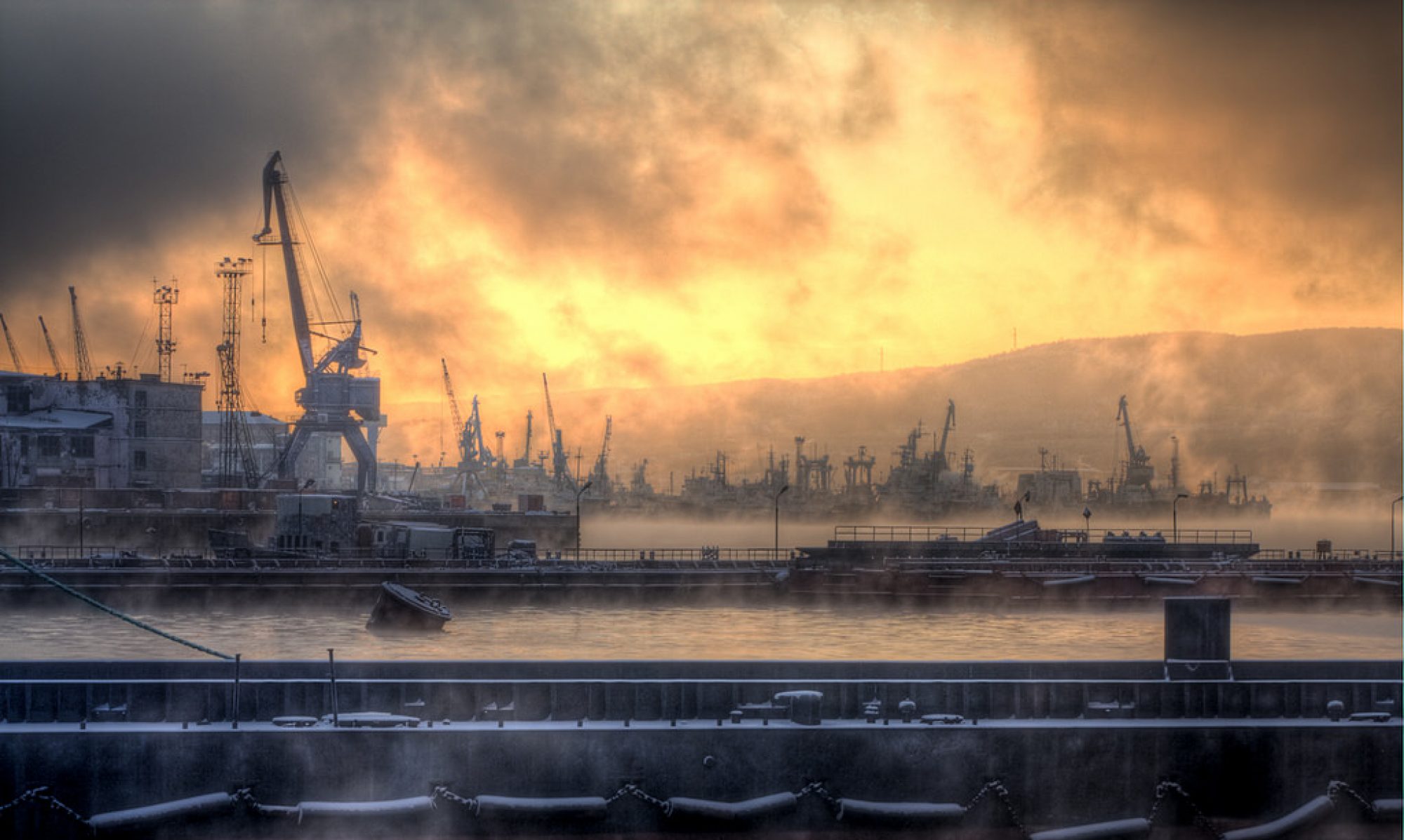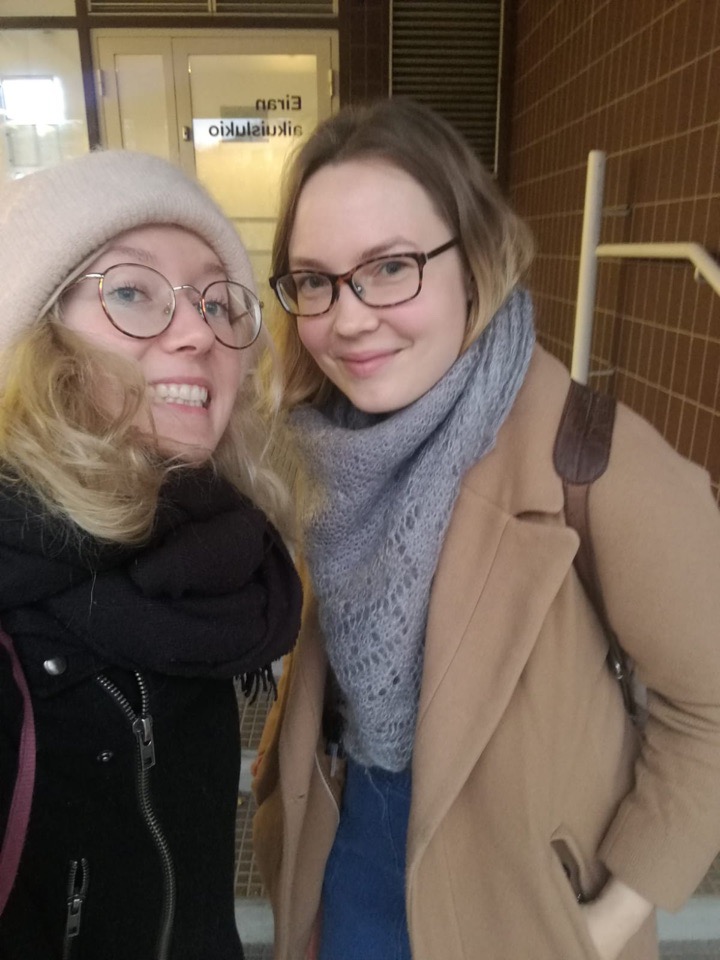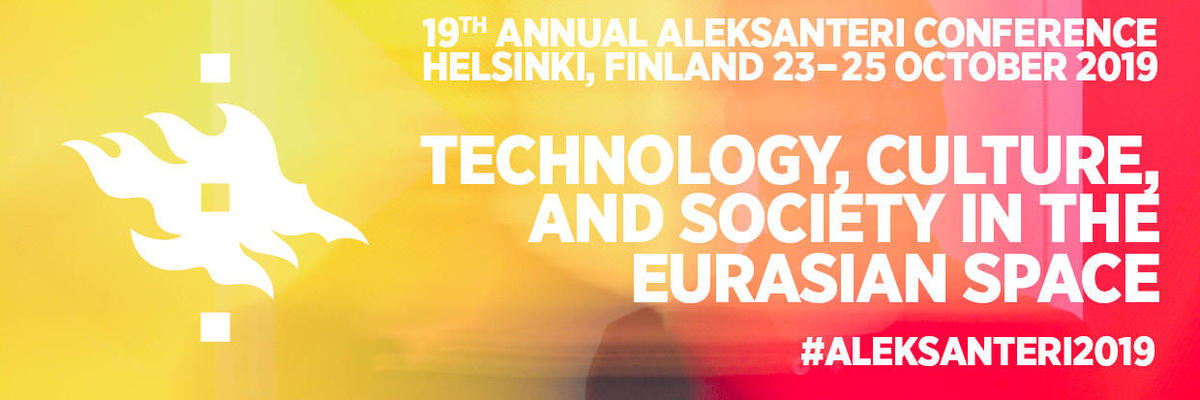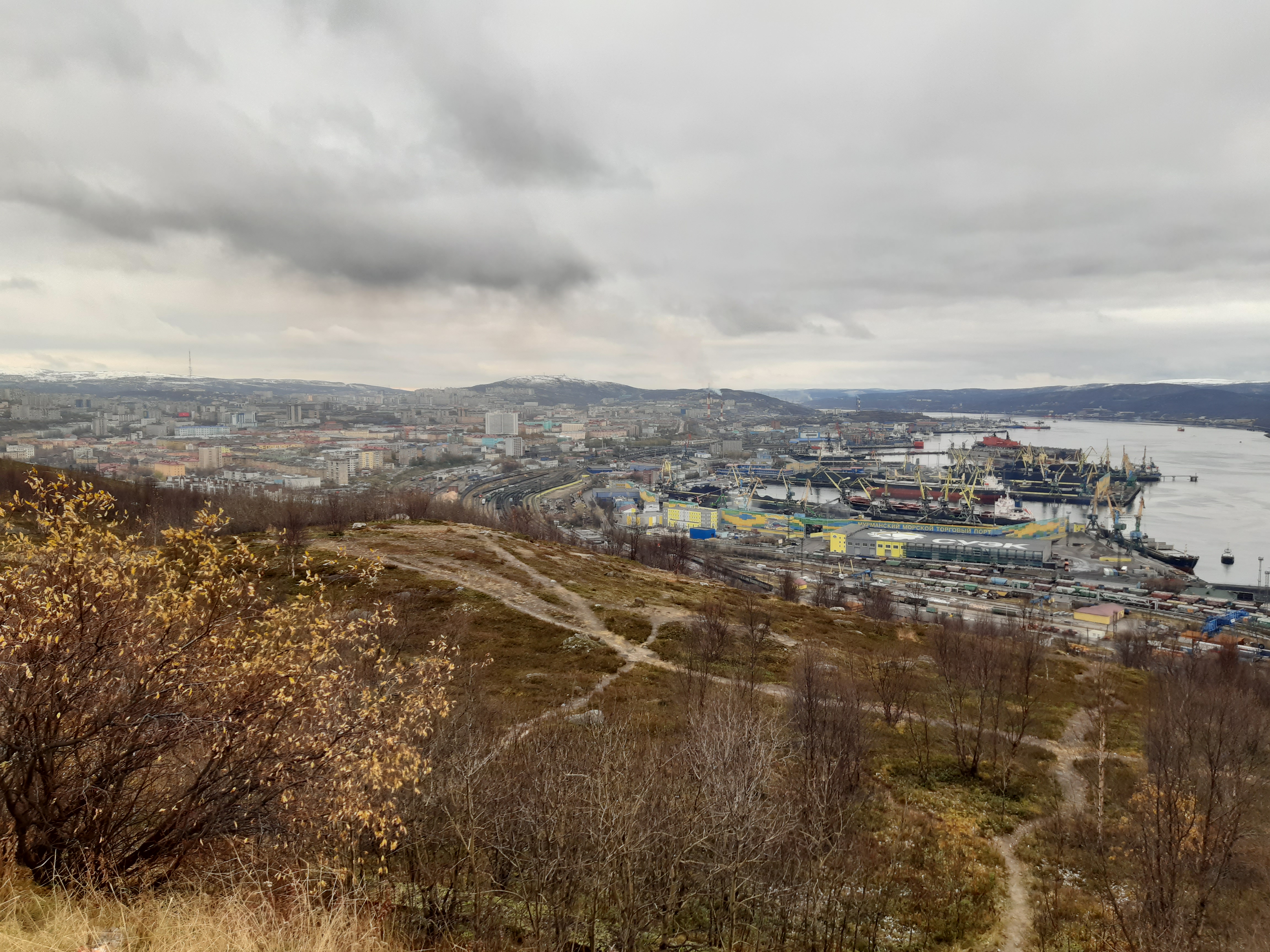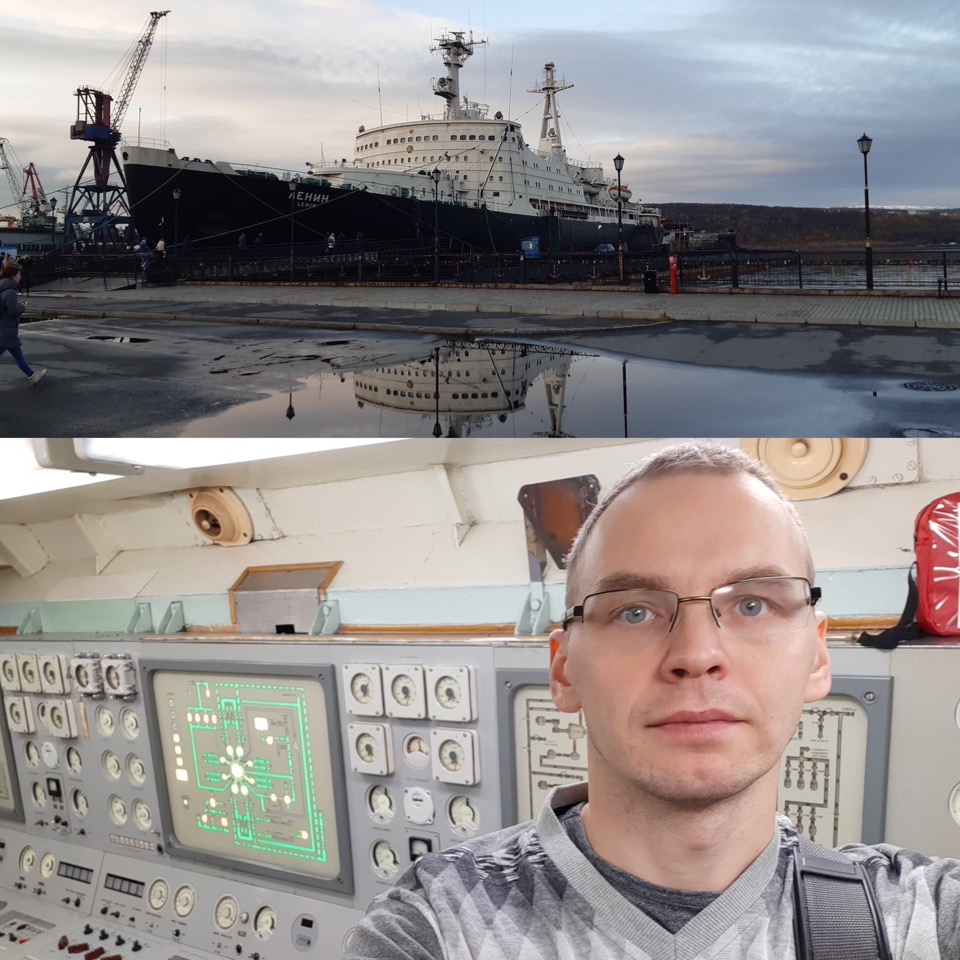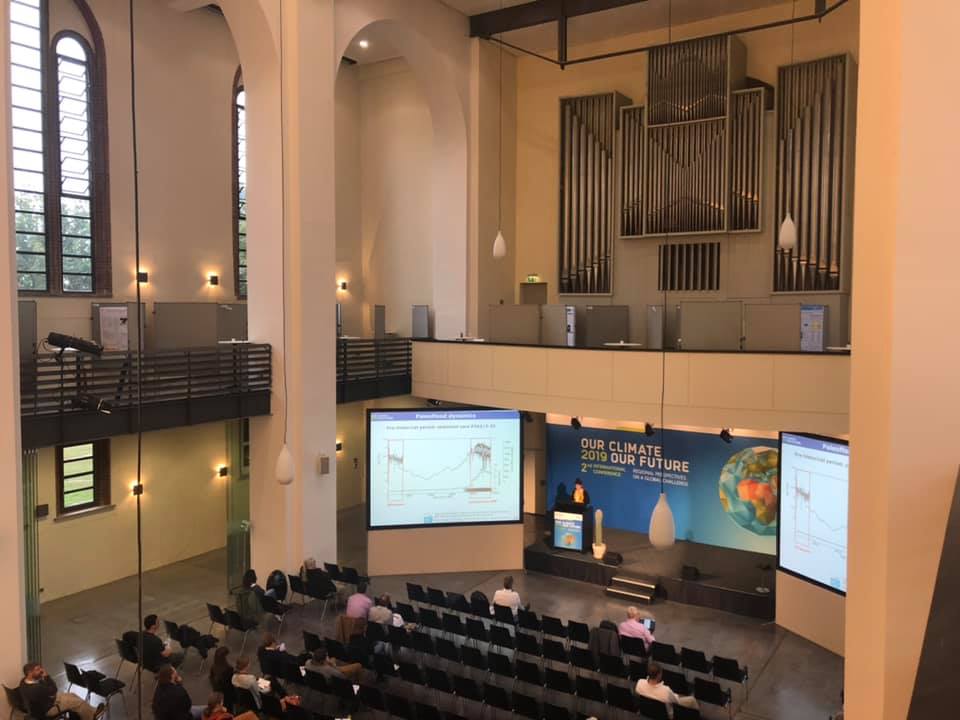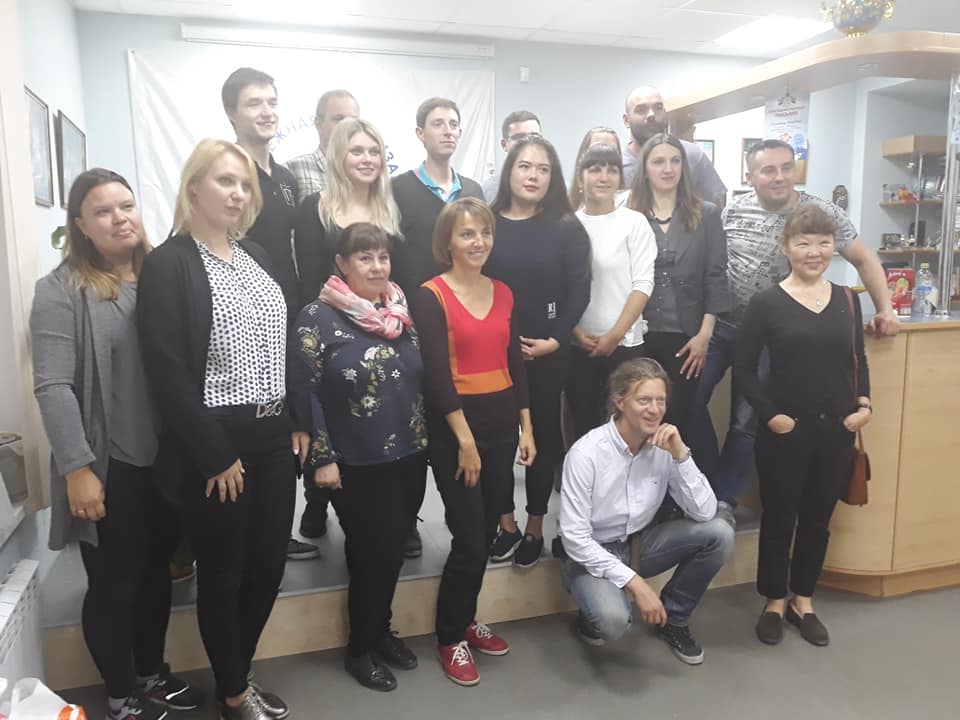On 12-13 of November the Arctic Spirit conference was organised in Rovaniemi. The Conference is an official side event of Finland’s Presidency of the Council of the European Union. Thus, the Conference also enhances Arctic discussion during the Presidency.
This year the conference focused on climate change, especially from the viewpoint of young people and future generations living in the Arctic. The first conference day consisted of invited keynote speeches and panel discussions focusing on the voice of Arctic youth and the different levels of climate-related decision-making. From our research group, Sanna Kopra participated in the panel discussion “Climate Decision-Making – Why Is It So Difficult?”.
Climate decision-making – why is it so difficult?
– no universal understanding what it means to be responsible
– contemporary notions of climate responsibility are based on short-term economic growth- and state-centric approach
– lack of leadership
says @SannaKopra #arcticspirit pic.twitter.com/9x5OoC2XAM— Elena Gorbacheva (@LenaAGorbacheva) November 12, 2019
On the second day, the parallel thematic sessions looked at the main theme from various angles. Alla Bolotova and Elena Gorbacheva participated in the “Live, Work Or Leave? Youth-Well-Being And The Viability Of Arctic Towns And Cities” session and gave a presentation “Recycling initiatives of youth in industrial cities in the Russian Arctic: environmentally responsible behaviour in the absence of structural opportunities”. The session was arranged by the Wollie project, and many of the project’s participants from Russia and Finland shared their current results. The session lasted all day and culminated with a fruitful discussion on what is special about the Arctic youth in different states – or is there anything special about it at all?
More information about the Arctic Spirit can be found on the conference website.
